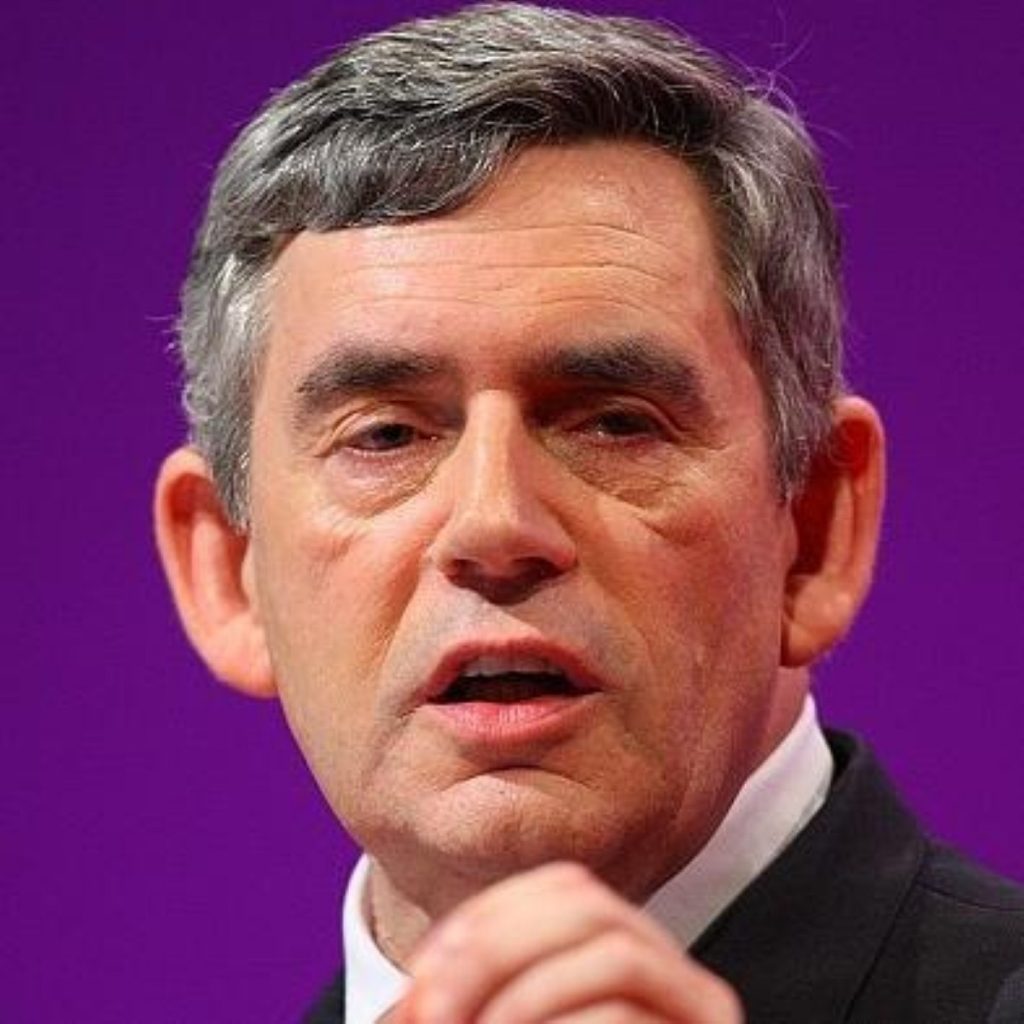Brown: Chris Hoy shows why Scotland can’t be independent
By Georgie Keate
Gordon Brown used the inspiring success of Team GB to make the case against Scottish independence today.
The former prime minister spoke against the break up of the union at the Edinburgh Book Festival, claiming Chris Hoy's victory demonstrated the UK is stronger when it can pool its resources.
"That's one of the lessons I take from the Olympics, and Chris Hoy has made the point for me, I don't have to make it for myself," he said.


"When we pool and share resources for the common good, it's often the case that the benefit is far greater than would have occurred if we'd just summed up and added up the parts."
His words are in direct contradiction with Alex Salmond's wish for a referendum on Scottish independence, due to be held in 2014.
Scotland's ruling party, the SNP, believe a separation between the two countries will give them job creating powers that will improve employment and economic growth.
"The question that Gordon Brown and the anti-independence parties need to answer is why they prefer these key powers over jobs and the economy being held by a Tory-led government at Westminster – which has used them to create the double-dip recession – rather than by the Scottish parliament which is 100% accountable to the people of Scotland," said Stewart Hosie, the SNP's Westminster Treasury spokesperson.
However, Brown argued taxes would have to be raised in Scotland if they gained full financial independence and that the UK has been successful in tackling issues like inequality together.
"Break up the union and then you will have regionally-varied minimum wage rates, and that will mean there will be a race to the bottom with one unit trying to undercut the other and then the good undercutting the bad and the bad undercutting the worse," he said.
Instead, Brown argued for more devolution rather than "fiscal autonomy", arguing that independence would be "moving backwards".
The referendum also causes potential constitutional complications where Westminster will have to grant a Section 30 order to extend Holyrood's powers to hold one.
For this to happen, both the Scottish and UK parliaments need to agree on the Section 30 0rder before the Privy Council approves it.












